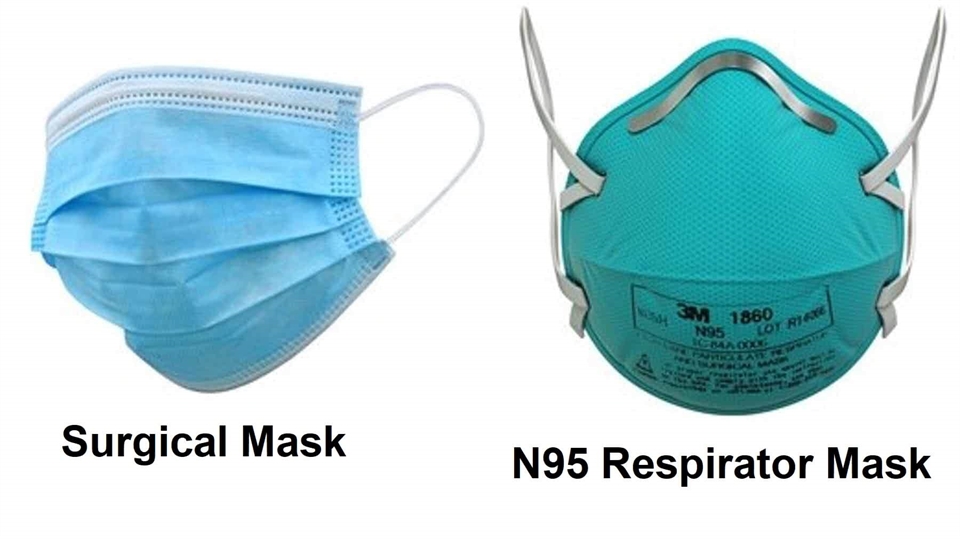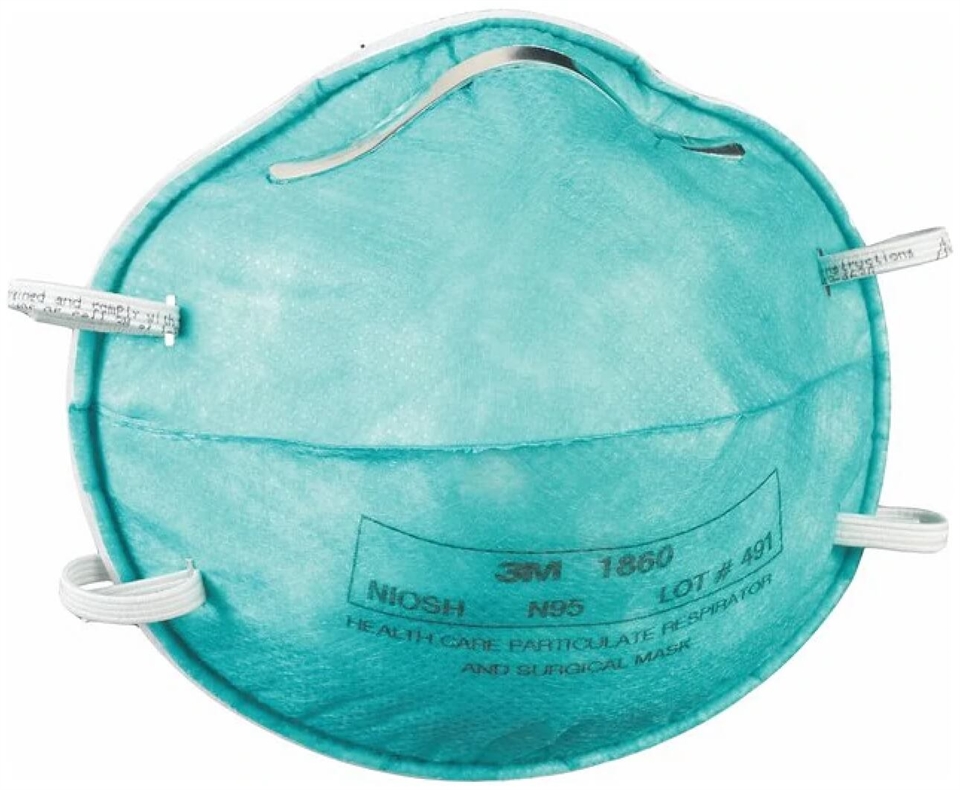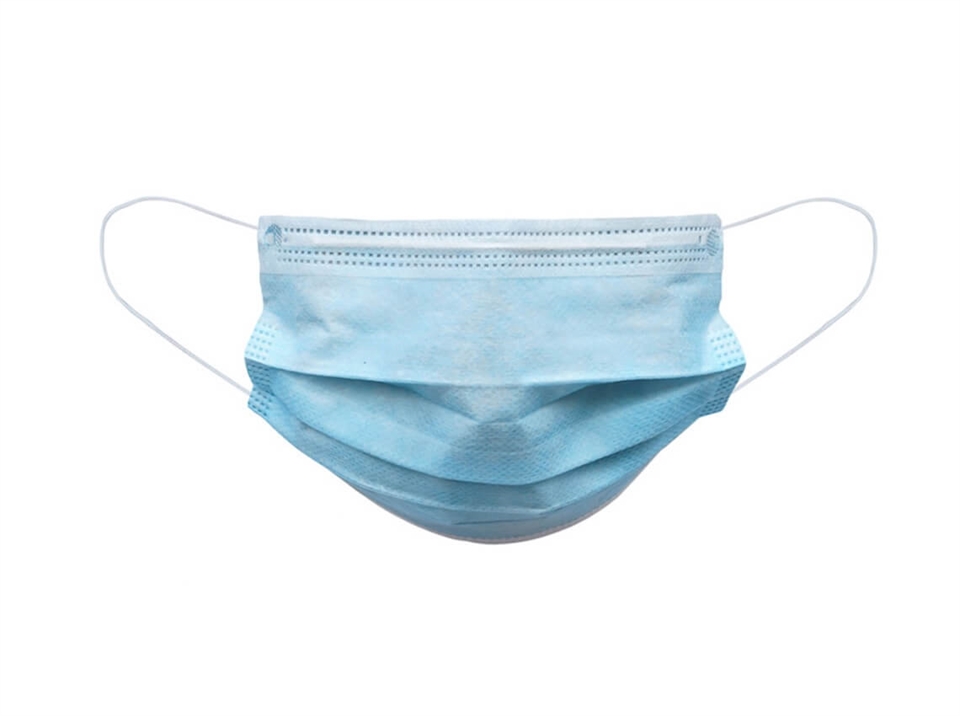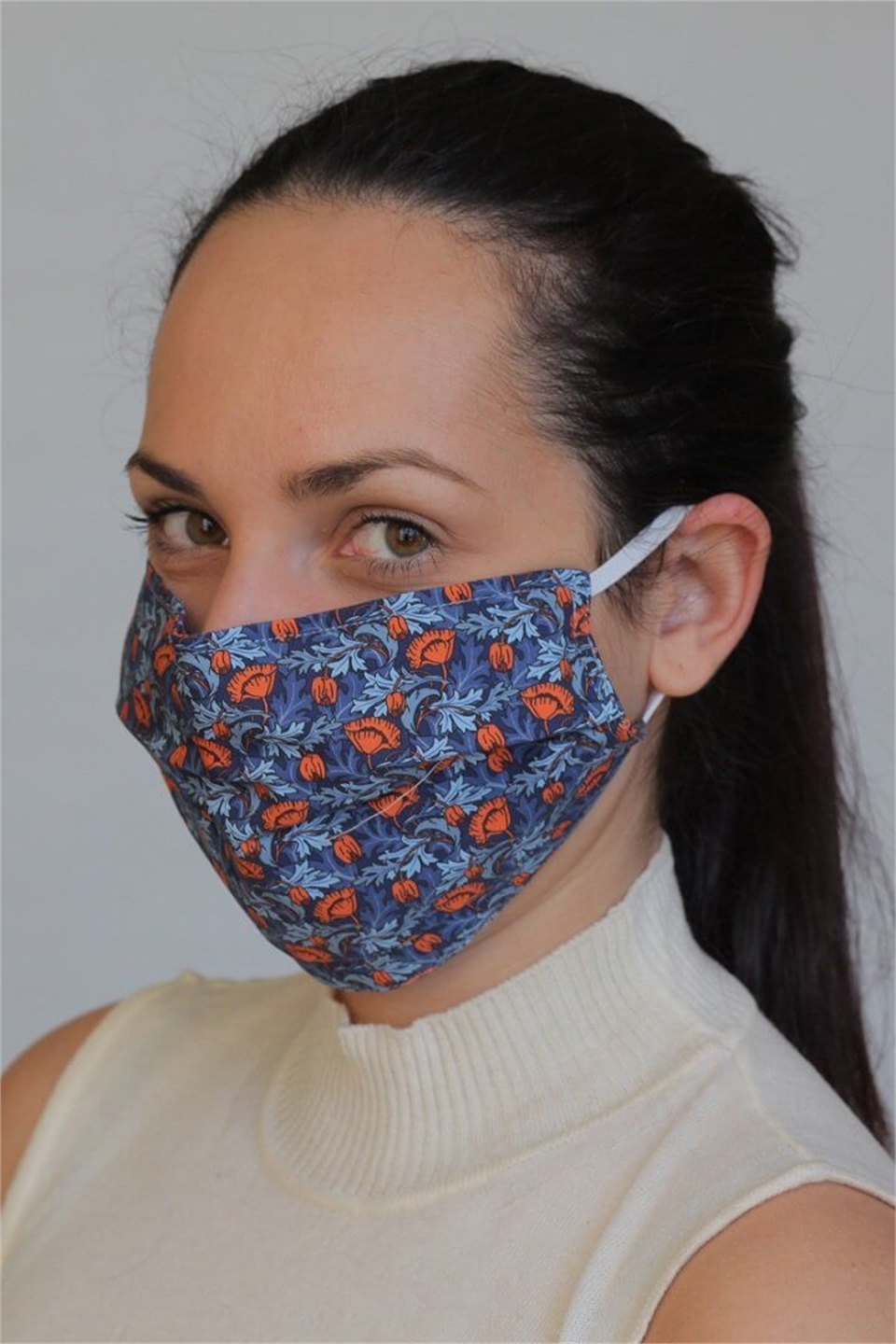What are the different types of face masks to protect yourself from coronavirus?
Several types of medical face masks are available to protect yourself from airborne viruses

As the Centers for Disease Control and Prevention (CDC) and the World Health Organization (WHO) continue to study the effects and spread of the novel coronavirus, new regulations and recommendations arise daily. Maintaining 6-feet social distance and regular hand washing are still vital to reduce the spread of coronavirus. Now the CDC is additionally advising individuals to wear simple cloth face coverings as a voluntary public health measure. Here is why, what masks to use, and how to use them effectively.
How does Coronavirus spread?
For several weeks, studies have shown that individuals can transmit COVID-19 days before developing symptoms. More recent studies also show many individuals with coronavirus remain asymptomatic (never develop symptoms) and can transmit it without knowing they have it. This is what makes the novel coronavirus so difficult to track and contain.
Respiratory infections, including the novel coronavirus, are primarily transmitted through infective respiratory droplets and contact routes. The droplets are thought to travel short distances through coughs or sneezes before falling onto surfaces or to the floor. Thus, transmission often occurs through direct contact with an infected person or indirect contact with surfaces or other objects in the immediate environment of the infected person.
That said, particles with the virus come out in a wide range of sizes, from very large to very small. Research is still limited, but in some cases, scientists argue the coronavirus could also spread as an aerosol, or through much smaller particles that can be expelled by talking or breathing. Aerosols linger in the air longer and travel further. Scientists in the U.S. have shown the virus can survive in an aerosol and remain infections for three hours, but the conditions in the laboratory were “highly artificial” and there is probably a non-zero risk of spread through the air long range. The WHO says evidence for the coronavirus being airborne is not compelling, and scientists warn gathering unequivocal data would take years. When it comes to research, there are still a lot of gaps to fill.
For these reasons, the CDC is advising additional precautions like wearing face masks for instances in public where other social distancing measures are difficult to maintain (i.e. essential trips to the grocery store or pharmacy), especially in areas of significant community-based transmission of the coronavirus. With this recommendation, individuals need to understand which products are appropriate to use for different circumstances.
What is a Respirator or Face mask?
This is a protective device worn on the face, protecting the nose and mouth. It minimizes the risk of releasing and inhaling hazardous or infectious particles, gasses, and vapors. Different types of respirators have varying levels of protection and effectiveness.
Surgical N95 Respirator
A surgical N95 provides the wearer with protection from both airborne and fluid hazards. It is called a surgical N95 because it blocks 95% of airborne particles and has fluid resistance. During this time of shortage, the CDC does not recommend the use of surgical N95s for use by the general public. Also, most healthcare personnel (HPC) caring for suspected or confirmed COVID-19 patients should not need surgical N95 respirators. Surgical N95 respirators should be reserved for use by HCP in a sterile field and emergency first responders who are most likely to come in contact with high-velocity sprays, splatters, or splashes of blood or bodily fluids.
Standard N95 Respirator
While similar in appearance to surgical N95s, these standard particulate respirators are slightly different. They also achieve a very close fit against the face and are meant to reduce the wearer’s exposure to airborne hazards. They have a filtration efficiency of 95% if properly fitted, blocking small particle aerosols and large droplets. But standard N95 respirators only work against non-oily particles and are not meant for high-velocity sprays.
Surgical Face Mask
These are loose-fitting, disposable face masks that provide barrier protection between potential contaminants and the mouth and nose of the wearer. They can also help prevent the wearer’s respiratory secretions and saliva from reaching others. These are designed to block large-particle splashes, sprays, splatter, and droplets that may contain bacteria and viruses. Because they are loose-fitting they are not effective in filtering or blocking very small particles in the air. These personal protection devices may be labeled as surgical, isolation, dental, and medical procedure face masks. They are not intended to be used more than once and need to be discarded safely after use. Again, because of the shortage, these respirators are not recommended for use by the public and should be reserved for HCP.
Reusable cloth face masks
Because of shortages of personal protective equipment (PPE), people have taken to making cloth facemasks from home so critical supplies of PPE can be reserved for healthcare professionals. These reusable protective devices should include multiple layers of fabric, fit snugly against the nose and face, secure around the head with ear loops or ties, and allow breathing without restriction. They are a voluntary public health measure to help slow the spread of the virus from people who may not know they have it. After use individuals should remove cloth face masks, immediately deposit them in the washing machine for cleaning, and be careful not to touch nose, mouth or eyes, until they thoroughly wash their hands.
1 Copper Row, London Bridge
London, SE1 2LH
England
United Kingdom
OPEN 24 HOURS A DAY,
7 days a week, 365 days




